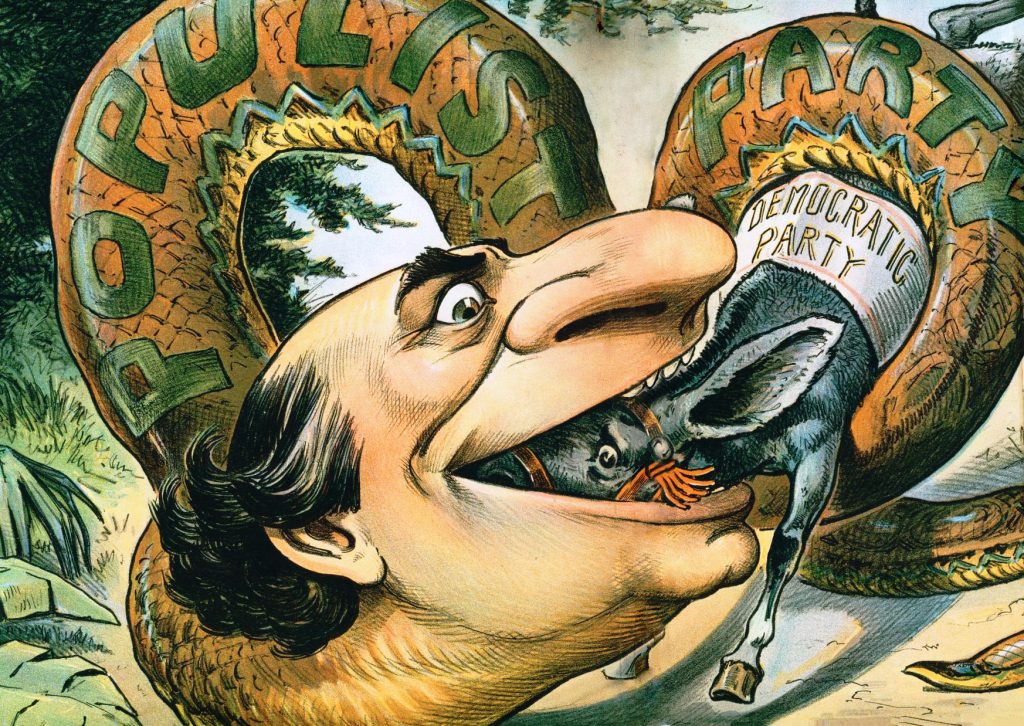
Examining Populism’s Impact on Democracy
In recent years, there has been a notable rise of populism around the world, which has triggered heated debates among political actors in academic circles. The fundamental concern in the realm of political science is whether this surge poses a considerable threat to democracy or could paradoxically strengthen democratic institutions.
Is Populism Putting Democracy at Risk?
The rise of populism draws its power from a representation of the ‘pure people’ against a ‘rotten elite,’ posing a significant threat to liberal democracy. This opposition can upset the balance of established democratic institutions and norms. As checks and balances that guard against abuse of power are weakened, the rule of law is often jeopardized.
Populist Mobilization and its Effects on Democracy
Populist parties across the world have shaken up mainstream parties in both left wing and right wing spectrums. The rise of right parties like the National Front in France, the Freedom Party in Austria, and Alternative for Germany [AfD] displays the profound impact of populism in European politics. Populist mobilization, whether right wing or left wing, may not only steer a course change for political parties but also unsettle democratic norms.
Populism’s Role in Democratic Breakdowns
Existing studies, experimenting with different time horizons, confirm a connection between the rise of populism, particularly right wing populism, and democratic breakdowns. Scholarly sources, including Stanford University and University of Pennsylvania Press, highlight the populist challenge to liberal democratic values. This challenge is not just about election victories for populist parties but also reflects deeper societal shifts.
Populism in Europe: A Closer Examination
Populist leaders, such as Viktor Orban in Hungary and the Law and Justice party in Poland, have capitalized on the criticism towards the European Union and liberal democracy. With institutional checks and balances weakened, these leaders have stretched the boundaries of executive power, posing significant challenges to civil society and endangering democratic principles.
Impact of Populism in East Asia and Pacific
The role of right wing populism is not as pronounced in East Asia as in Western Europe. However, refined studies from university press resources demonstrate that populism can take on different forms, even within a single region.
The Status of Populism in Latin America
Latin American countries have a long history of populist figures, from the late Hugo Chávez in Venezuela to the current president of Mexico, López Obrador. While the impact of Latin American populism is manifest and multifaceted, it’s inextricably linked with deteriorating economic growth, corruption, and human rights abuses.
Populism Challenges in Sub-Saharan Africa
In Sub-Saharan African countries, including South Africa, Zimbabwe, and Kenya, populist leaders often exploit ethnic divisions and harness dissatisfaction with democratic governance. However, the public’s growing awareness of their civil rights and democratic institutions can counteract this populist surge.
Possible Future Trends of Populist Movements
The threat to democracy is not intrinsic to populism but lies within the means populist parties use to achieve their goals. Long term, advanced democracies may develop mechanisms to incorporate populist demands responsibly without sacrificing democratic norms.

Navigating Populism: What’s Next?
Resisting populism requires a profound understanding of its local and global dynamics. Scholars, particularly at the University of Pennsylvania’s Institute for International Studies, underscore the value of continued research on populism. Such research can shed light on the trajectory of the recent populist wave and provide insights on its probable future trends.
Related Research on Populism
Researchers at various universities and institutions worldwide are studying the rise of populist parties in contexts ranging from European politics to Latin American dynamics. Such research examines the undercurrents of the populist surge, illuminating the conditions that favor it, the channels through which it affects politics, and the potential risks it poses.
Methodology for Tracking Populism’s Evolution
To understand and analyze the shifts in populism, one must focus on both the larger, global trends and the local manifestations. Employing a mixed-methods approach, combining quantitative data analysis with in-depth case studies, enables a more significant and nuanced understanding of this complex phenomenon.
About the Author: An Expert on Populist Movements
Having spent years studying the advanced democracies of Europe and the united states, the author brings a deep understanding of populist movements. With extensive research on populist leaders, from Donald Trump’s victory in the 2016 presidential election to the populist parties in Europe, the author provides an insightful, thoroughly researched perspective on this global phenomenon.

Leave a Reply